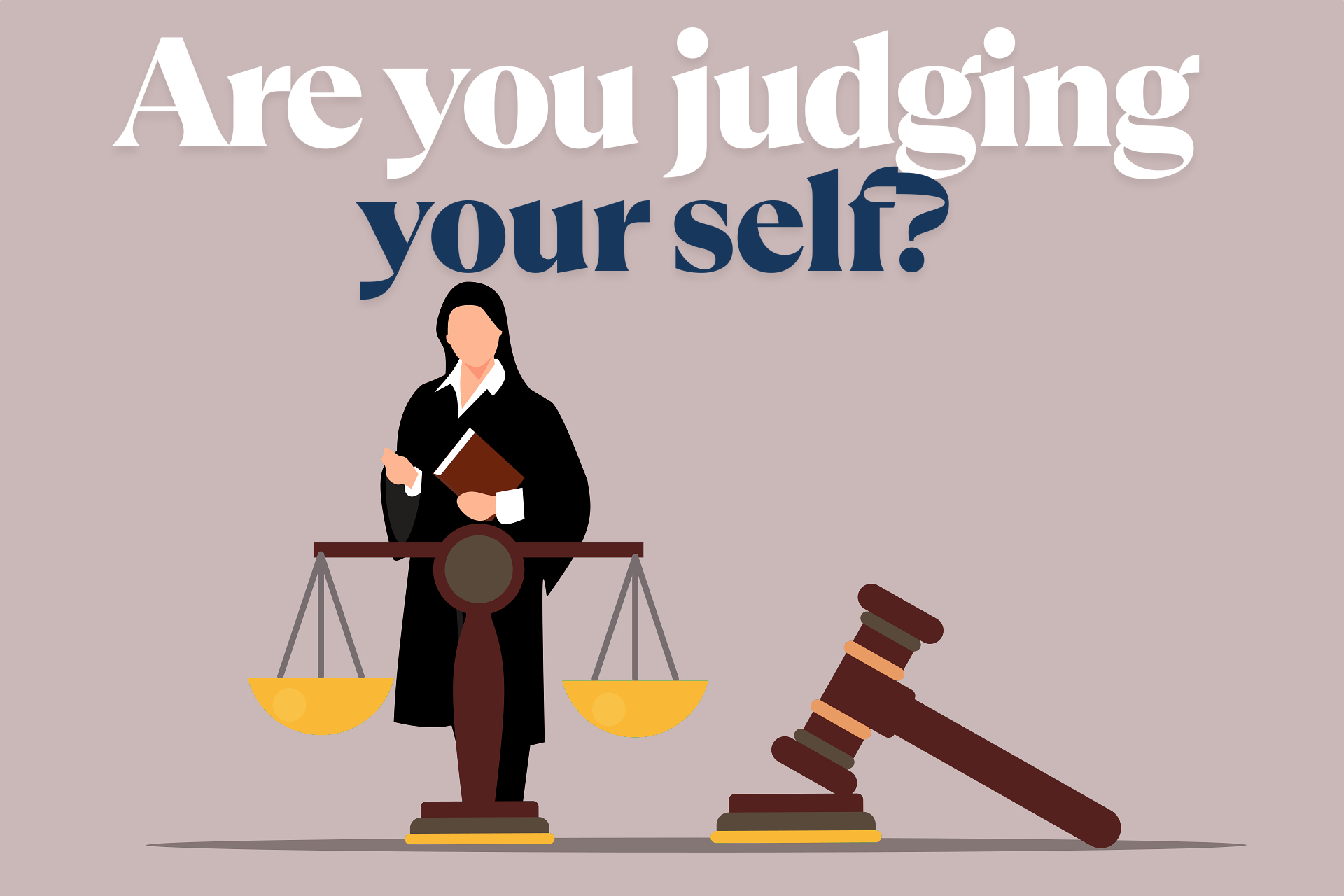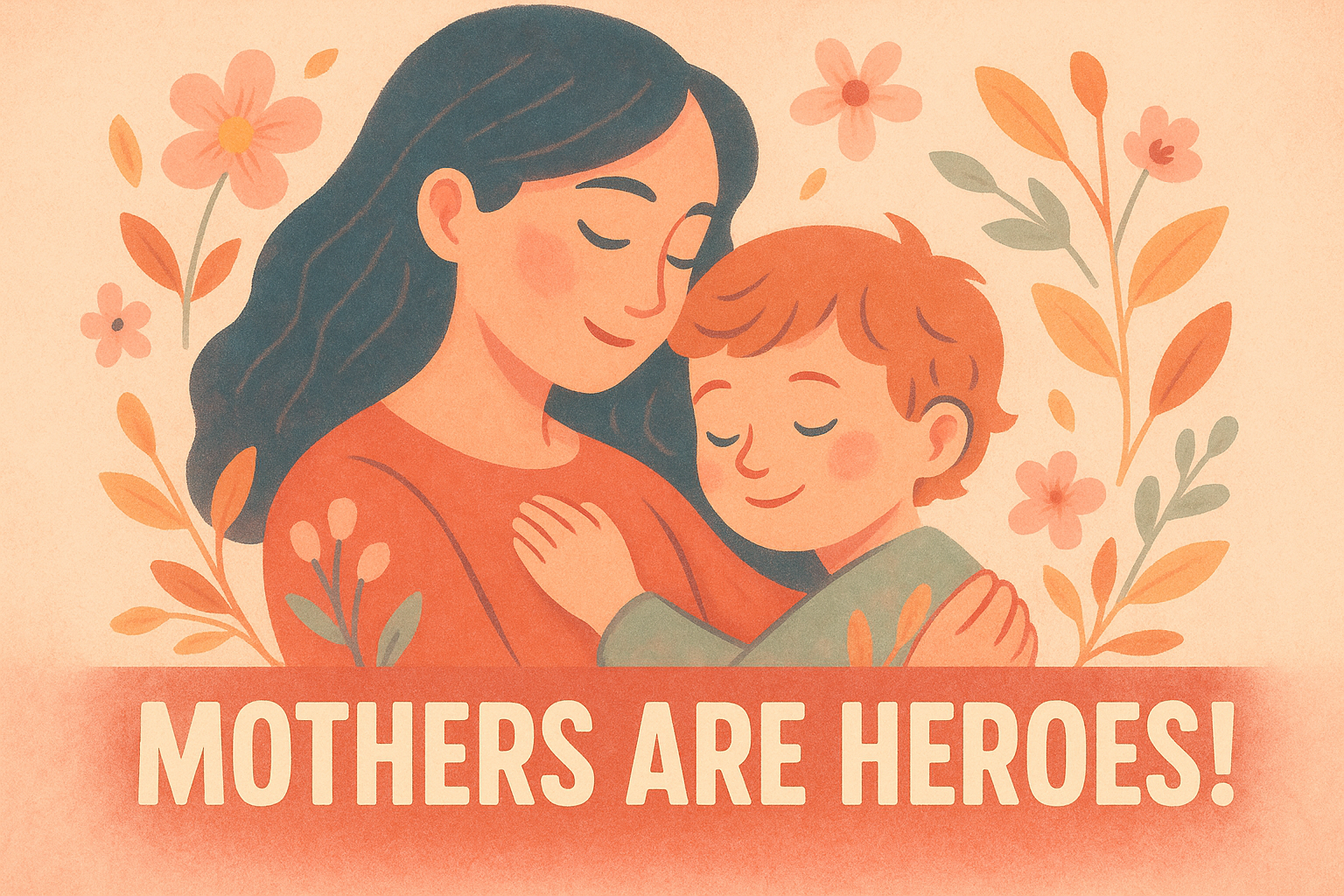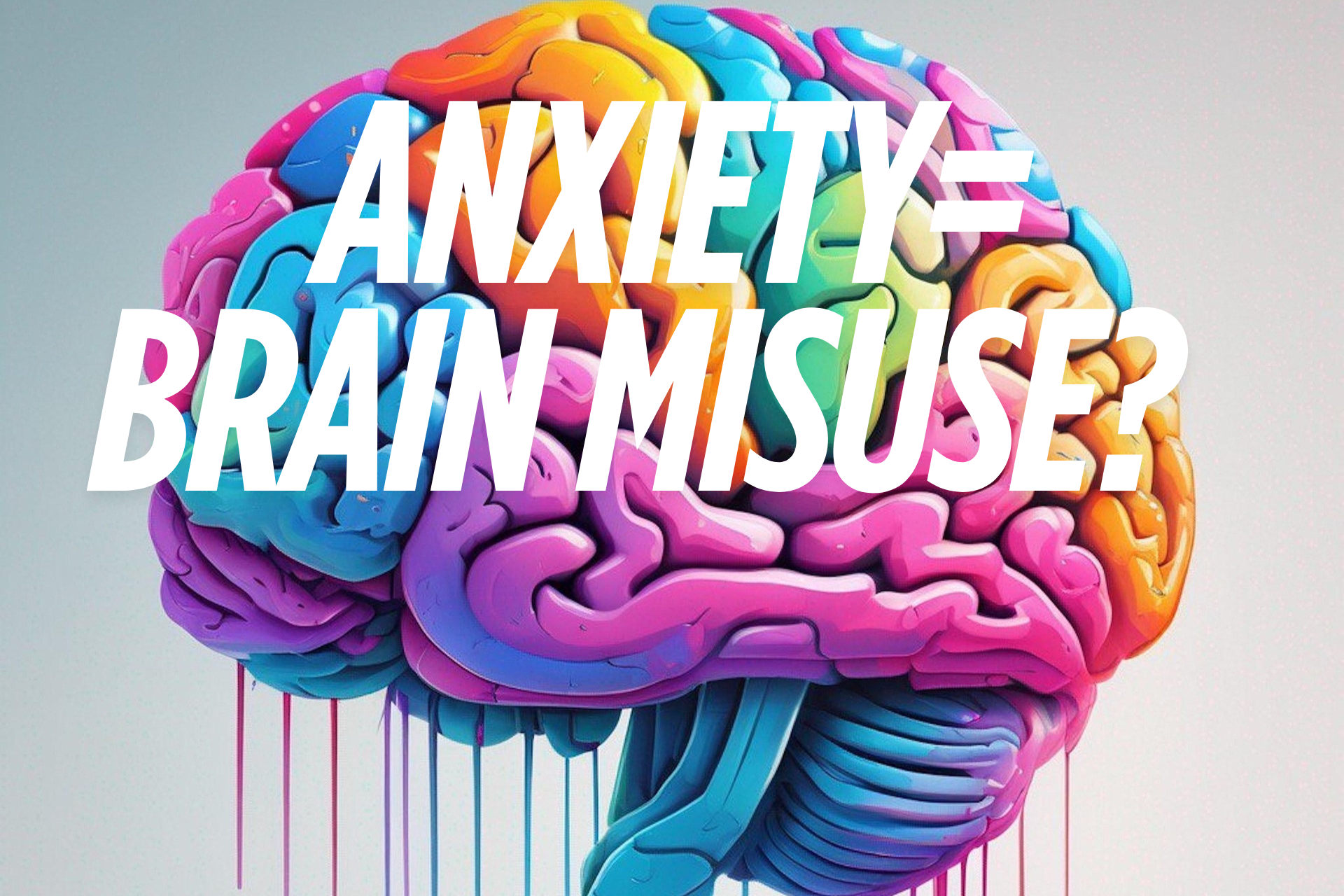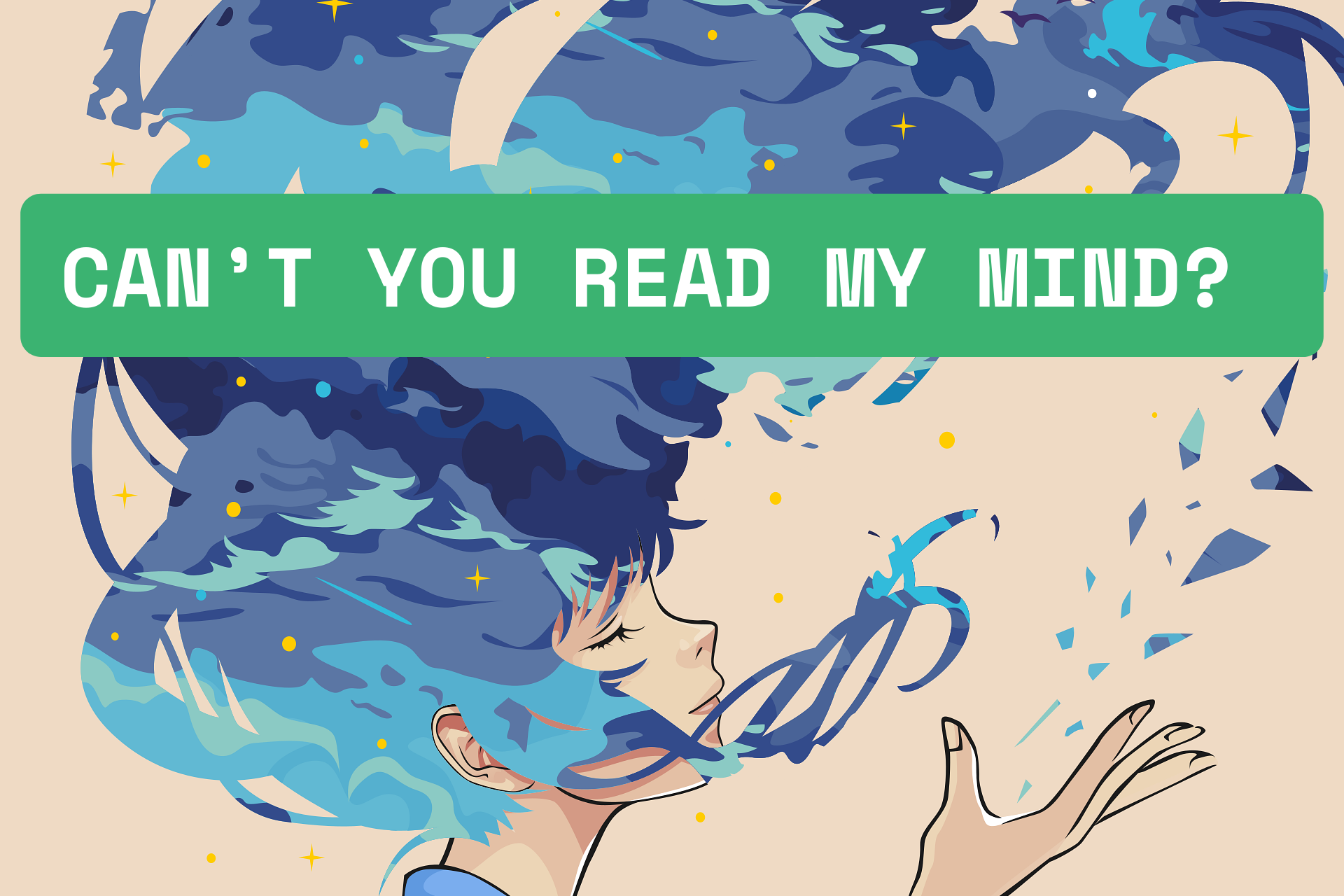
Self-Attunement is the key to breaking the Fallacy of Emotional Telepathy
In the previous blog, I shared a practical practice for developing self-attunement. In this blog, I’ll cover how self-attunement is critical to the success of any relationship—especially romantic ones.
Have you ever had the experience of feeling upset and thinking, If my partner really loved or cared about me, they’d know exactly what to say, or they would do X, Y, or Z?
I’ve definitely been guilty of this fallacy in past relationships—the faulty perception that if someone loves you, they should magically sense everything about you and know exactly what you need in any given moment. This idea is often reinforced in Western culture through romantic novels and movies.
In my early twenties, I was practically a walking poster for this belief. Whenever my boyfriend at the time didn’t act in the way I expected a loving or caring person should, I’d get upset and pout. Of course, now I can see how ineffective and detrimental that was to the relationship.
While it is important that our partners are able to attune to us (see this blog for more on partner attunement), we need to distinguish that from expecting our partner to read our minds. If you know what you want or need but don’t share it, it’s like asking your partner to crack the code of a safe while you’re holding the code in your hand—and then getting upset with them for not unlocking it fast enough.
This becomes even trickier when we don’t know what we want or need, but still feel upset with our partner. That’s a no-man’s-land—neither of you knows how to resolve the conflict that’s arisen, and no one has the code to the safe you’re both trying to crack. It’s a disaster.
This is where the practice of self-attunement becomes essential. Without turning toward yourself—getting to know what hurts, what brings you comfort, and what your emotional needs are—it becomes nearly impossible to navigate interpersonal conflict.
Once we become aware of what has upset us and what we need in the moment, we can express it and create moments of repair with our partners. If you’re new to self-attunement, a good place to begin is the practice of turning toward yourself and emotional regulation that I described in this blog.
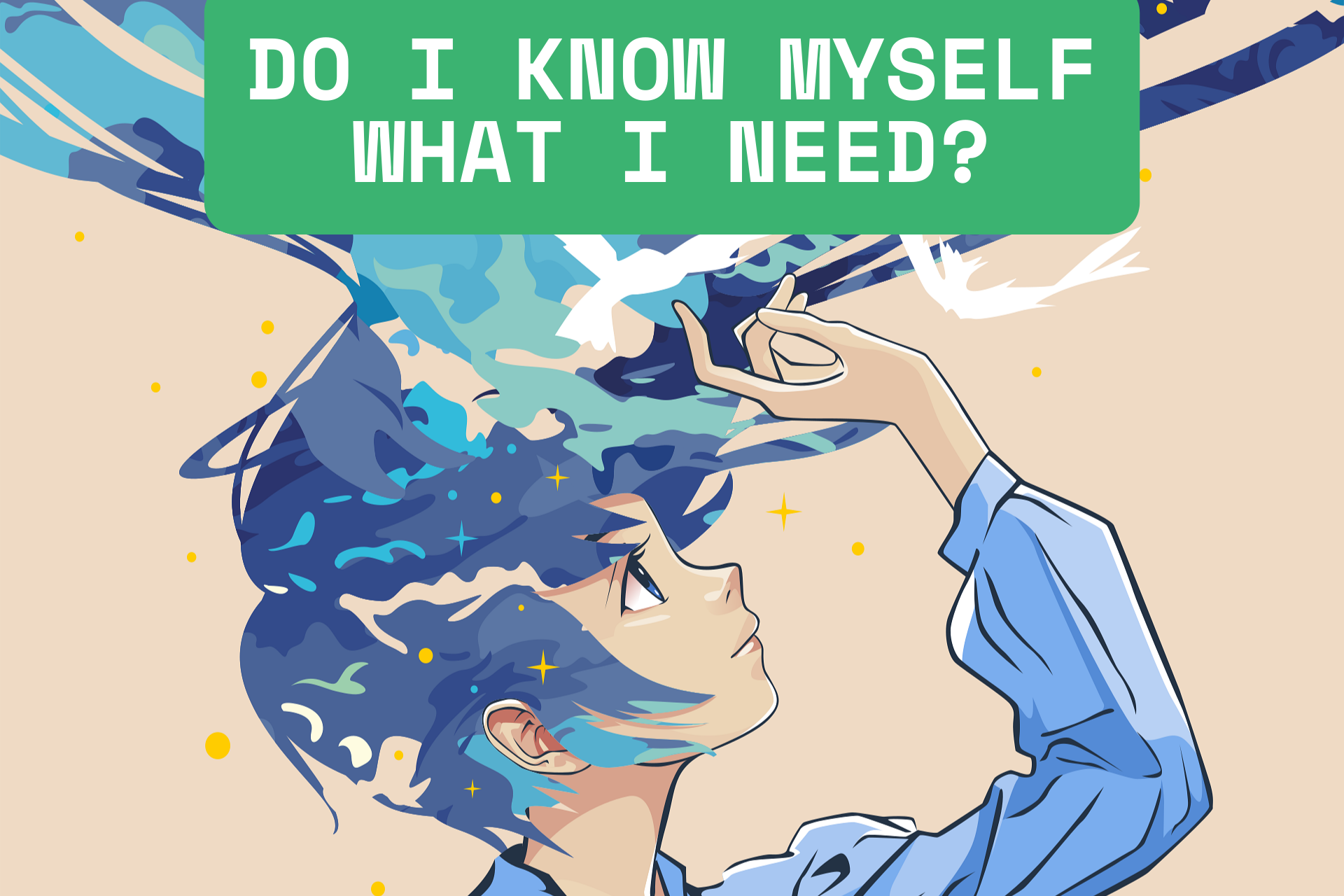
Maybe one day, we’ll have AI technology that can allow for mind reading (with consent!), but until then, we’ll have to go about it the old-fashioned way: by actively changing our beliefs and expectations around this.
Here are a few key points to help you begin working on the “mind-reading” fallacy:
- Mind reading is reserved for babies and young children with their caregivers—it doesn’t apply to adult relationships.
- I often hear from clients: “If I tell them and they do it, it’s not the same—it doesn’t hold the same value.” I’d challenge that and say it actually holds even more value—because the person heard you and made a conscious effort to meet your need. That takes intention and care.
- If the roles were reversed and your partner was upset but refused to tell you why, would you say that’s fair, healthy, or effective? Most likely not—because you’d be looking at it from your practical, logical brain.
- The part that feels “my partner doesn’t love me if they don’t just know” is the emotional part of your brain—what some call the inner child. It reflects earlier childhood experiences when a caregiver may not have been fully attuned to you, and some needs went unmet. That stored resentment can get projected onto a present partner. This is a sign that some healing work may be needed. And the first step to healing is simply a gentle recognition of this dynamic.
Let’s start with these steps, and in the future blogs, I’ll continue to explore strategies for healing these wounded parts of ourselves.
Letting go of the expectation of mind reading allows for a more mature and successful relationship to emerge—one built on collaboration. You hold the code to the safe, and you hand it to your partner. It becomes a win for both of you, and it builds trust and security.
I am here to help you thrive in every relationship – starting with yourself.
Viktoria





